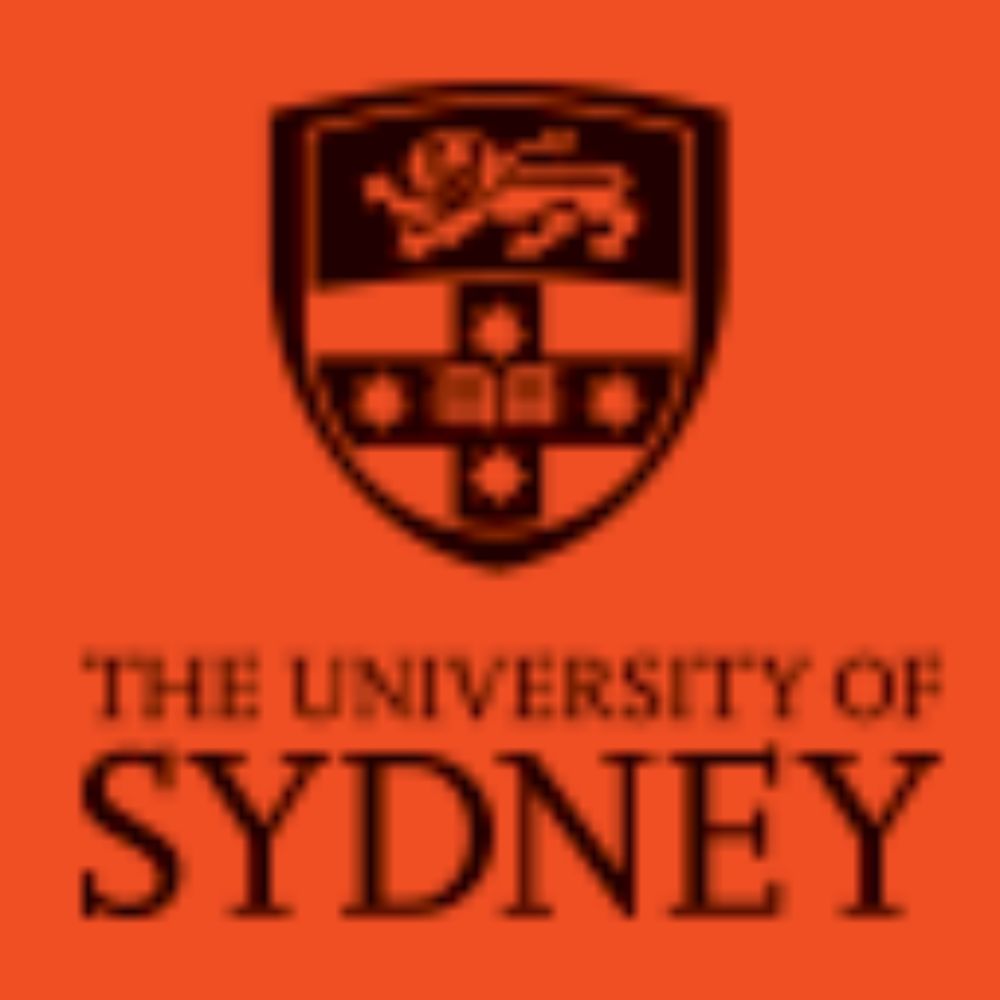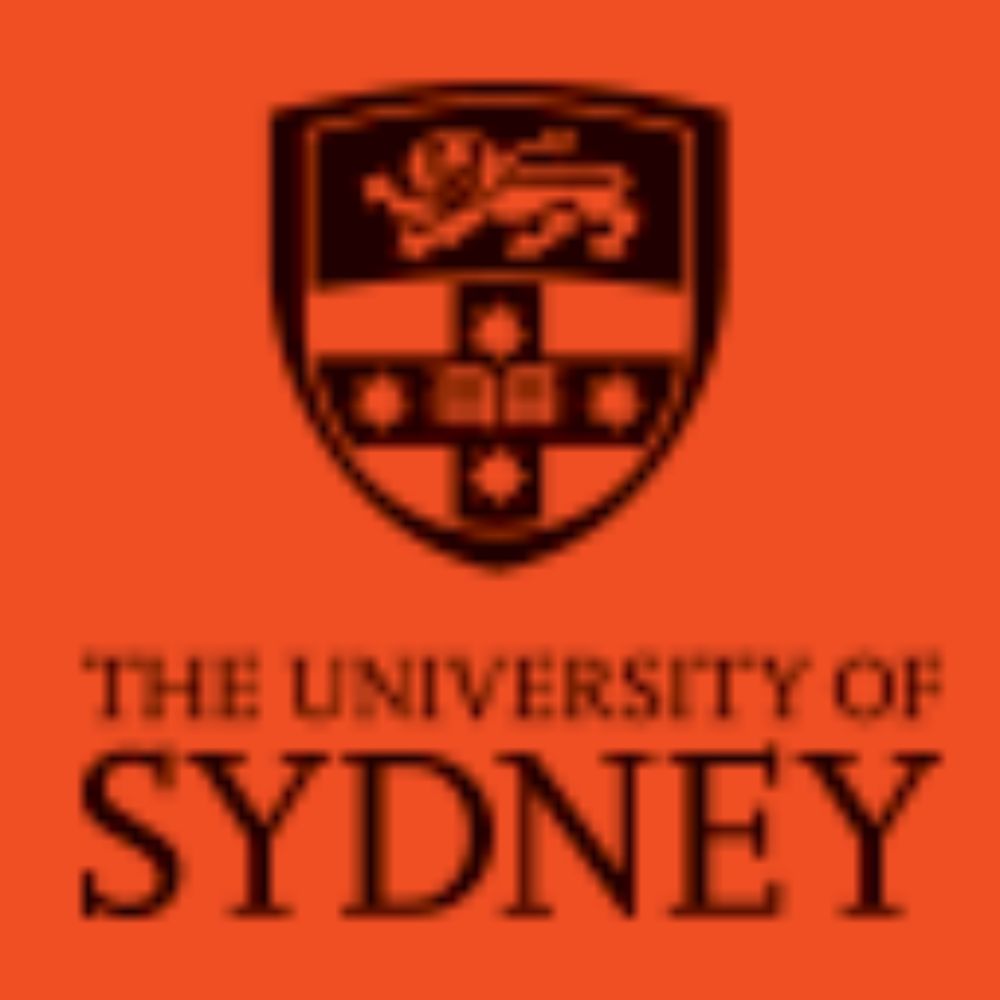
Including:
* FRBs with @manishacaleb.bsky.social
* Quantum critical points with @domwilliamson.bsky.social
* Nanostructured materials with @boriskuhlmey.bsky.social
www.sydney.edu.au/scholarships...
⚛️ 🔭 ☄️ 🧪

Including:
* FRBs with @manishacaleb.bsky.social
* Quantum critical points with @domwilliamson.bsky.social
* Nanostructured materials with @boriskuhlmey.bsky.social
www.sydney.edu.au/scholarships...
⚛️ 🔭 ☄️ 🧪
Closing December 3
usyd.wd105.myworkdayjobs.com/en-GB/USYD_E...

Closing December 3
usyd.wd105.myworkdayjobs.com/en-GB/USYD_E...
In new work, we show that code surgeries based on hypergraphs, rather than graphs, allow fast and parallel fault-tolerant logical measurements with low qubit overhead (without requiring the code to be single-shot).
arxiv.org/abs/2510.14895

In new work, we show that code surgeries based on hypergraphs, rather than graphs, allow fast and parallel fault-tolerant logical measurements with low qubit overhead (without requiring the code to be single-shot).
arxiv.org/abs/2510.14895

In new work arxiv.org/abs/2510.09218 we introduce a concatenated matching decoder and show that Layer Codes assisted by this decoder are partially self-correcting quantum memories at finite temperature!

In new work arxiv.org/abs/2510.09218 we introduce a concatenated matching decoder and show that Layer Codes assisted by this decoder are partially self-correcting quantum memories at finite temperature!
arxiv.org/abs/2510.05225

arxiv.org/abs/2510.05225
Multiple tenure-track-equivalent positions across the board (including theory!), but with a specific focus on Cybersecurity and Trustworthy Digital Systems, and ML/AI.
⏰ Dec 1
usyd.wd105.myworkdayjobs.com/en-GB/USYD_E...

Multiple tenure-track-equivalent positions across the board (including theory!), but with a specific focus on Cybersecurity and Trustworthy Digital Systems, and ML/AI.
⏰ Dec 1
usyd.wd105.myworkdayjobs.com/en-GB/USYD_E...
arxiv.org/abs/2509.19440

arxiv.org/abs/2509.19440
Introducing the free energy barrier for quantum codes and using it to destroy our dreams of a self-correcting quantum memory in 3D based on existing codes.
scirate.com/arxiv/2509.1...

Introducing the free energy barrier for quantum codes and using it to destroy our dreams of a self-correcting quantum memory in 3D based on existing codes.
scirate.com/arxiv/2509.1...


arxiv.org/abs/2505.13604
Often, gauging a higher-form symmetry leads to a gauge theory. Here we look at gauging a higher-form symmetry on a system of topological layers and we instead find unconventional fracton order!

arxiv.org/abs/2505.13604
Often, gauging a higher-form symmetry leads to a gauge theory. Here we look at gauging a higher-form symmetry on a system of topological layers and we instead find unconventional fracton order!

phys.org/news/2025-04...

phys.org/news/2025-04...
Conduct research under experts at Macquarie Uni, UNSW Sydney, @sydney.edu.au + University of Technology Sydney.
Benefit from competitive stipends, networking + exclusive events.
Open to domestic & international students.
More: bit.ly/3zspfC5
#PhD

Conduct research under experts at Macquarie Uni, UNSW Sydney, @sydney.edu.au + University of Technology Sydney.
Benefit from competitive stipends, networking + exclusive events.
Open to domestic & international students.
More: bit.ly/3zspfC5
#PhD
scirate.com/arxiv/2503.1...

scirate.com/arxiv/2503.1...

Have you been wondering what was really going on in the protocols by Bombín and Brown?
We have a new work for you: arxiv.org/abs/2503.15751

Have you been wondering what was really going on in the protocols by Bombín and Brown?
We have a new work for you: arxiv.org/abs/2503.15751

In a new work, we introduce extractors, which can be attached to any code block to augment it into a quantum processor.
arxiv.org/abs/2503.10390

In a new work, we introduce extractors, which can be attached to any code block to augment it into a quantum processor.
arxiv.org/abs/2503.10390


